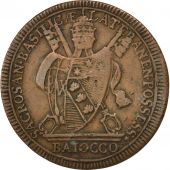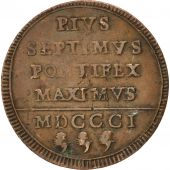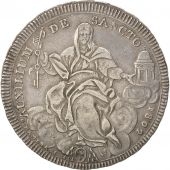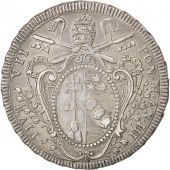 The Arguin Declaration
The Arguin Declaration
The Holy Father in Rome currently awaits word from the explorers of the Pontifical Fleet, who have set sail for the Island of Arguin, off the coast of Mauretania on the African continent, in the
Baie d'Arguin. The Holy See has, following this expedition, decided to make this "Arguin Declaration". We fear not the failure of the Papal discoverers, for while God works in mysterious ways and shall assuredly test us, we shall persevere and accomplish His will.
("Yea, though I walk through the valley of the shadow of death, I will fear no evil: for thou art with me; thy rod and thy staff they comfort me.")
Arguin, discovered in the Year of the Lord 1443, has been settled by a host of Christian nations during the past few centuries. The Portuguese, the Dutch, the English, the French, the Brandenburgers, the Prussians, the French again, the Dutch once more, and finally the French a final time. None have stayed behind, leaving only the ruins of the
Fort d'Arguin, a forlorn and crumbling stronghold. For long periods it laid abandoned, and so it has been since the Year of the Lord 1728 when the Kingdom of France left it for the last time. Now, the Consul for Life of France has ceded his nation's forgotten claim to the Island, a small deed of penance. We now claim it in the name of the Lord.
 Fort coloniale à Île Arguin, 1721.
Fort coloniale à Île Arguin, 1721.
Henceforth, the Island of Arguin is to be known as the site of the
Arguin Hermitage. This monastery, under the sovereign authority of the Holy See and the Roman Catholic Church, shall house a small monastic community belonging to the
Ordo Camaldulensium, based from the Holy Hermitage of Camaldoli. The Camaldolese monks live according to the teachings of
Saint Romuald, sleeping in individual cells but also observing a common life, worshipping daily together, and breaking bread in a communal hall. A small group of laymen from the Pontifical Fleet shall live alongside them, to maintain the now-ruined stronghold - which, once the establishment of the Hermitage is successful, no matter how long this process may take
(Forgive us our sins, oh Lord), shall be converted into a fortified system of eremitic cells. The Hermitage's harbour and its facilities shall be open to all Christian travellers of every Nation of the world, according to the will of His Holiness Pius VII. Slavery within the bounds of the Hermitage shall be outlawed, the island shall be held as a neutral territory, and all volunteers to become hermits there shall be readily welcomed.
The Arguin Hermitage shall finally also be dedicated to the memory of the Order's founder, Saint Romuald, and all visitors on the 7th of February each year shall be invited to the celebration of his feast-day.
 Saint Romuald, c. 951 AD - c. 19 June 1027 AD.
Saint Romuald, c. 951 AD - c. 19 June 1027 AD.






















